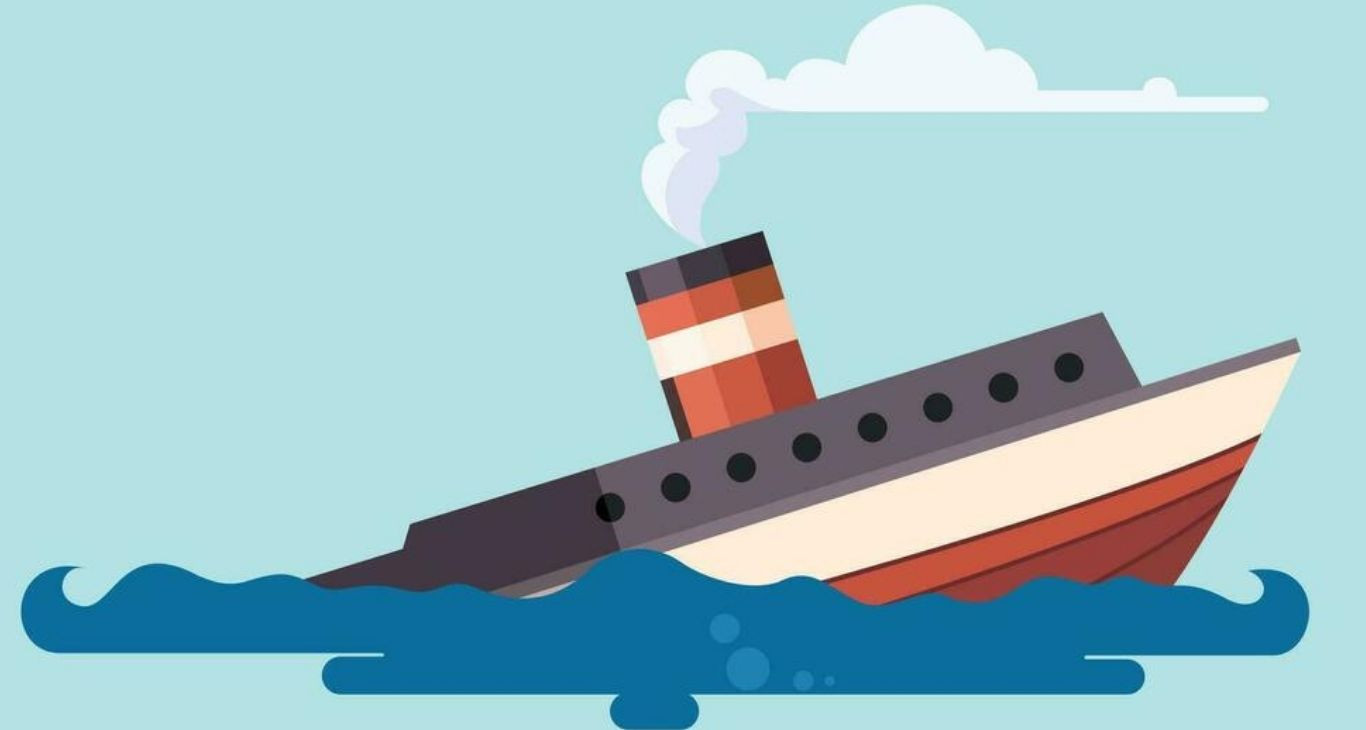
Waterway Safety Week 2024 commences today with the theme “Pollution-free rivers and safe boats will contribute to building a smart Bangladesh.” However, experts have voiced concerns about the feasibility of ensuring safety, as the authorities lack comprehensive statistics on registered and safe boats and fail to adequately monitor and address the operation of unregistered vessels.
Although a boat census was conducted in 2016 to determine the number of legal and illegal boats operating in the country, the project has yet to be fully implemented.
Maritime security researcher Md Imran Uddin, an assistant professor at the Accident Research Institute of Bangladesh University of Engineering and Technology, told the Daily Sun that current statistics show no significant reduction in shipping accidents.
According to the Bangladesh Jatri Kalyan Samity, 1,417 people have died in 1,137 waterway accidents over the past six years. Additionally, at least 1,945 people were injured in these accidents, and 2,529 were reported missing. The Department of Shipping reported that about 4,000 people died in accidents on inland waterways from 1991 to 2023.
Section 62 of the Inland Water Transport Act, 2019, mandates that ships must be equipped with life-saving appliances, fire-fighting equipment, and other machinery necessary for accident prevention and control. Despite this, transport experts question the practical application of these regulations.
“Why do passengers not receive life jackets and lifebuoys before accidents occur? Why do so many people drown? Why do similar accidents keep happening? When these issues are analysed, it becomes clear that we have not ensured naval security,” added Imran Uddin.
Mentioning the government’s lack of action, he said that recommendations made after shipwrecks often go unimplemented. For instance, despite recommendations to halt the movement of blockheads at night, these vessels continue to operate.
He stressed the need to register unregistered boats to enhance safety.
Saidur Rahman, chief executive of the Road Safety Foundation, pointed out, “Globally, waterway accidents are almost non-existent, but in
Bangladesh, waterway accidents are rampant. The primary reason is that many of our naval vessels are unfit for operation.
Whenever an accident occurs, it is often due to the boat being unfit or having structural weaknesses, yet there is no precedent for imposing punishments. As a result, both the boats and their passengers remain unsafe. Additionally, there is rampant corruption in the process of certifying the fitness of ships. Many boats lack proper fitness certification.”
According to the Department of Shipping, 14,805 boats were registered in 2021, and this number increased to 16,980 by 2022. However, data on boat registrations for 2023 is not yet available.
Commodore Mohammad Maksud Alam, director general of the Department of Shipping, acknowledged the issue of unregistered vessels and promised to address the reasons behind it.
River pollution and decreasing navigability
Bangladesh’s rivers are facing a crisis due to encroachment and pollution. Over the past two decades, the expansion of industries and trade has significantly contributed to river encroachment and pollution. Twenty-seven ministries and departments are involved in maintaining water flow, preventing pollution, and stopping encroachment.
The National River Protection Commission is tasked with preventing illegal encroachment and pollution, yet the rivers continue to suffer. Industrial waste and silt from upstream are major pollutants, threatening aquatic life and filling the rivers.

